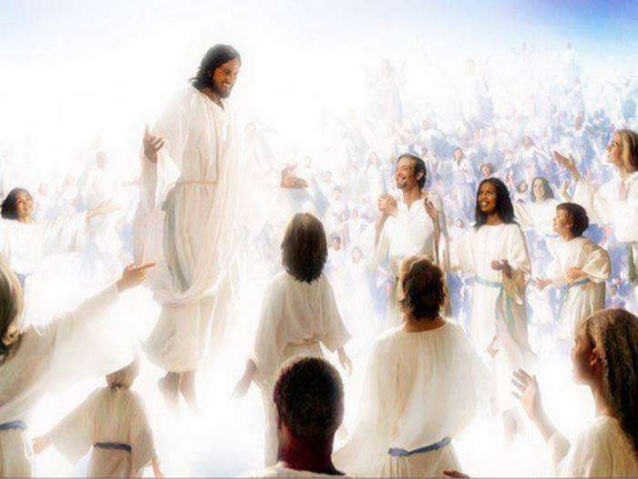Deepening Awareness About God


“For since the creation of the world God’s invisible qualities—his eternal power and divine nature—have been clearly seen, being understood from what has been made, so that people are without excuse.” Ro. 1:20.
This verse does not harmonize easily with modern Western society’s assumption that “the universe came from nowhere and is heading towards extinction.” Justin Brierley, The Surprising Rebirth of Belief in God: Why New Atheism Grew Old and Secular Thinkers Are Considering Christianity Again 105 (2023). This book acknowledges the steady decline of churchgoing in the United States and Europe. But its author thinks that that more people may be willing to return to the beliefs that have long undergirded our culture. He sees this change from his serving as moderator of a podcast in which agnostics and atheists debated believers. See “Justin Brierley Goes from Unbelievable to Re-Enchanting,” Christianity Today (March-April 2025). Here is a summary of reasons described in the book.
First, the universe’s intelligibility and finely tuned life-permitting conditions suggest purposeful design. Ongoing scientific exploration reveals these conditions in increasing and surprising detail. And physical processes alone cannot fully explain human consciousness. Consequently, today many scientists are abandoning their skepticism as they see that science’s demand for evidence does not conflict with belief in a divine creator. The conflict is not truly between science and religion, but between the underlying assumptions of competing worldviews.
Second, the Christian worldview offers a story that makes sense of our values and longings. Despite their own prosperity and health, many want society to pursue spiritual values: human dignity, equality, and compassion. These values are rooted in Christianity’s radical ideas that every person bears God’s image and that God himself, in the person of Jesus, died a slave’s death. So, modern moral judgments often rest – often unwittingly - on Christian ethical foundations. And these derive from the literary and moral cornerstone of Western civilization: the Bible. Even though it compiles multiple authors’ writing from times and places different from each other and our own, it tells a coherent and thematically unified story. Its accounts of Jesus’ life and the early church’s history accord with historical and archaeological evidence. And the Bible’s critics miss its poetic and symbolic depth by misreading its other parts through a modern, literalist lens.
Third, by internalizing the Christian story, some have regained their mental bearings. “[B]lind forces of evolutionary biology,” Brierley at 105, do not enable human survival. And we are not adrift in a meaningless universe lacking free will and rational thought. Instead, the Christian story connects us with our Creator and offers countercultural grace and love in community. “Perhaps the greatest witness the church can offer society is that, even when we disagree, we can still love each other.” Brierley at 131. People have missed this kindness and resulting association. Society’s underlying assumptions now may be changing enough to draw people again to Jesus’ faith communities.
The Reading Circle plans to discuss Brierley’s book via Zoom on September 9 starting at 7 PM Eastern. I encourage your participation (even if you have not read the book). And if you are not regularly participating in a small group, find one that fits your interests and schedule here.